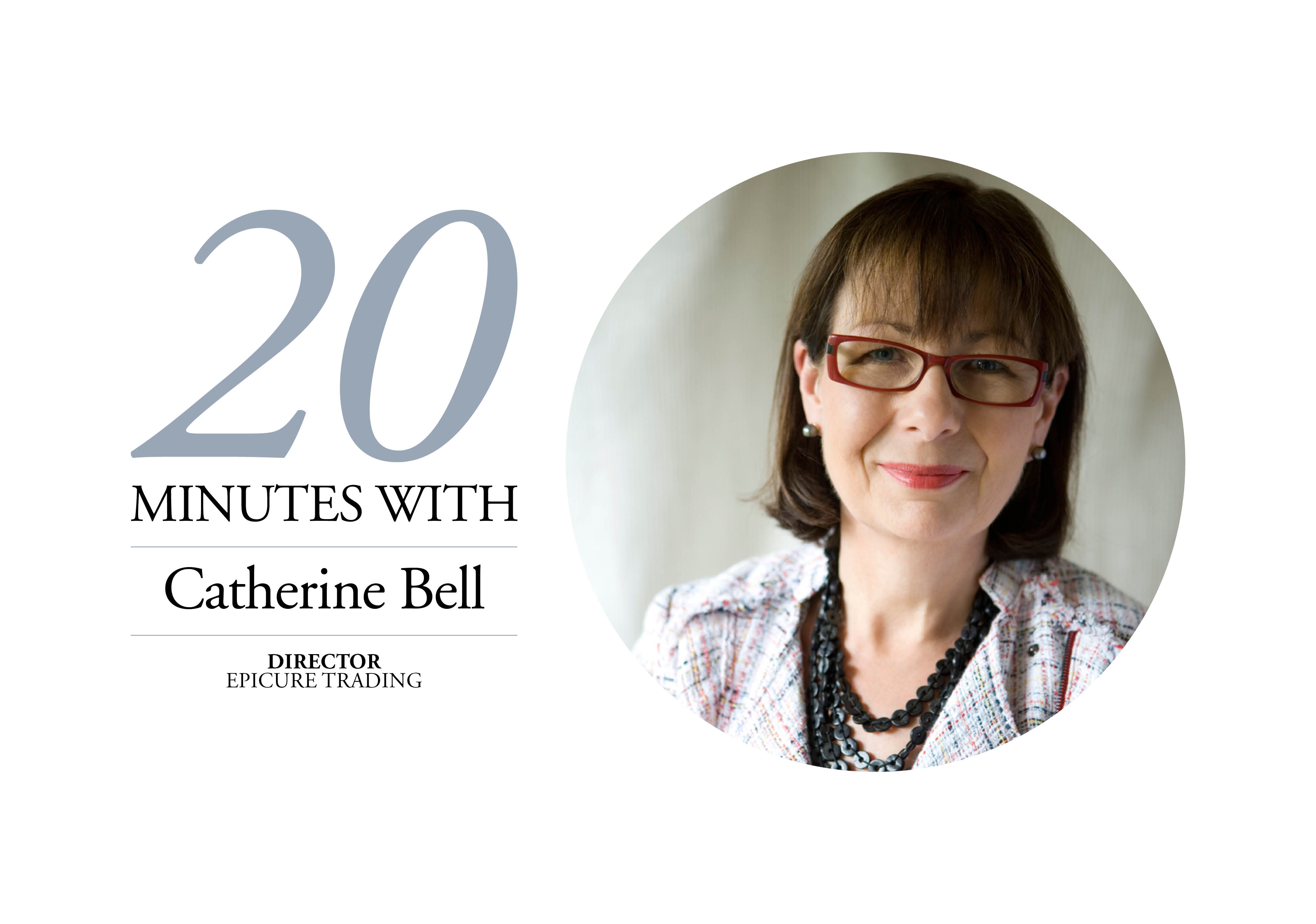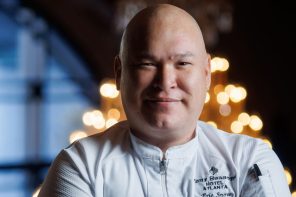Catherine Bell started Epicure Trading in 2003, originally as an offshoot of her retail business, the Epicurean Workshop, which had been running for 17 years. It supplies quality sustainable tableware to restaurants, caterers, hotels and is the exclusive distributor for Australia and New Zealand of several international brands.
Epicure Trading is also renowned for seeking out unique artisan and traditional products from around the world, used for cooking, serving or dining, such as Spanish terracotta and handblown glassware from Morocco – all classic products with a great back story.
Sustainability underpins everything Epicure purchases in disposables. “They need to share our ethic,” Bell told Restaurant & Café. “They need to be able to produce all the documentation we require to say the goods have been ethically produced.”
Epicure Trading has recently launched two new sustainable tableware packaging options to tackle plastic waste – EcoTensil and Natural Tableware. Both ranges bring together sustainability, quality and design, from plates that can be served on both sides to ones which are able to withstand high temperatures in combi-steam ovens, as well as cooler temperatures in refrigerators and freezer units.
“For many customers, knowing where single-use products have come from and what will happen to them following their use is becoming increasingly important, so these ranges are perfect for putting consumers’ minds at ease about ‘one-taste plastic waste’,” said Bell. The EcoTensil and Natural Tableware ranges are useful for festivals and events that increasingly see chefs taking their kitchens on the road.
Bell has a number of ways to discover new items. “Sometimes they drop into my lap, sometimes I find them at overseas trade shows and others simply by having my eyes and ears to the ground.” At a trade show in Germany earlier this year Bell was served food on a plate made of leaves. Liking the idea, she tracked down the company that produced them and is looking at adding them to the Epicure portfolio. “It is more challenging for us to source new products as what we look for is not mainstream,” she said. “It sits at the higher end as far as design goes.”
Bell has found that the biggest challenge to the disposables industry is convincing consumers to move away from plastic. “I’ve just been in China sourcing new products and one of the things I looked for was a really robust paper straw,” she said. “I found what I was looking for – now we have to convince all the cocktail bars that paper is way cooler than plastic and so much better for the world.”
Bell is hoping that one-day Epicure is able to design and produce its own range of disposables, but the cost is prohibitive and for now is relying on larger markets to develop the products. “It’s a matter of being able to become the distributor for this part of the world for new products that appear.”






